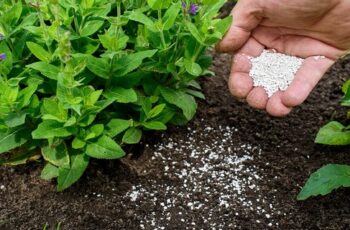Ad Blocker Detected
Our website is made possible by displaying online advertisements to our visitors. Please consider supporting us by disabling your ad blocker.
7. Whole grains
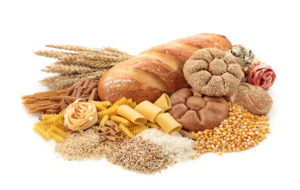
Foods high in carbohydrate, isolated on white
Cereals include wheat, oats, and barley, as well as pseudo-cereals such as buckwheat and quinoa.
When cereals are whole, they are excellent sources of many nutrients, including magnesium.
A 1-oz serving of dried buckwheat contains 65 mg of magnesium, which is equivalent to 16% of the RDA.
Many whole grains are also rich in B vitamins, selenium, manganese, and fiber.
In controlled studies, whole grains have been shown to reduce inflammation and decrease the risk of heart disease.
Pseudocereals such as buckwheat and quinoa are richer in protein and antioxidants than traditional cereals such as corn and wheat.
In addition, they are gluten-free, so people with celiac disease or gluten sensitivity may benefit as well.
Conclusion: Whole grains are rich in many nutrients. A 1-oz serving of dried buckwheat provides 16% of the RDA in magnesium.
8. Some fatty fish
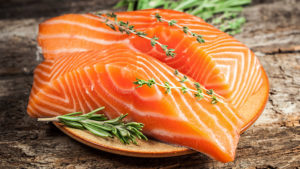
Fish, especially oily fish, are incredibly nutritious.
Many types of fish are rich in magnesium. These include salmon, mackerel, and halibut.
Half a striploin (178 grams) of salmon contains 53 mg of magnesium, which represents 13% of the RDA (35).
It also provides 39 grams of high-quality protein.
Fish is also rich in potassium, selenium, B vitamins, and various other nutrients.
High consumption of fatty fish has been linked to a decreased risk of several chronic diseases, including heart disease.
These benefits have been attributed to high amounts of omega-3 fatty acids.
Conclusion: Fatty fish are exceptionally nutritious and are a great source of magnesium and other nutrients. Half a salmon fillet provides 13% of the recommended daily intake of magnesium.
9. Bananas
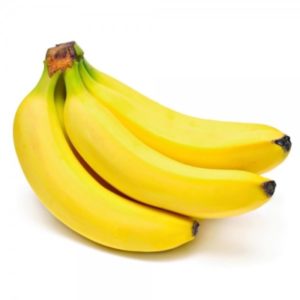
Bananas
Bananas are among the most popular fruits in the world.
They are best known for their high potassium content, which can lower blood pressure and is linked to a reduced risk of heart disease.
But you may not know that bananas are also very rich in magnesium. A large banana contains 37 mg or 9% of RDA.
Bananas also provide vitamin C, vitamin B6, manganese, and fiber.
Ripe bananas are higher in sugar and carbohydrates than most other fruits, so they may not be suitable for people with diabetes.
However, when bananas are ripe, much of their carbohydrate is resistant starch, which is not digested and absorbed.
Instead of increasing blood sugar levels, resistant starch can actually reduce blood sugar levels and may also reduce inflammation and improve intestinal health.
Conclusion: Bananas are a good source of many nutrients. A large banana contains 9% of the recommended daily intake of magnesium.
10. Green vegetables
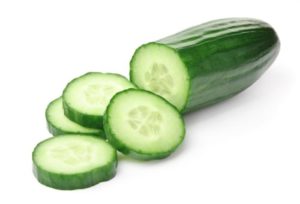
Cucumbers and other green vegetables
Green vegetables are extremely healthy, and many are rich in magnesium.
Vegetables with high amounts of magnesium include kale, spinach, kale, turnip greens, and mustard greens.
For example, a 1 cup serving of cooked spinach contains 157 mg of magnesium or 39% of the RDA.
In addition, it is an excellent source of several nutrients, including vitamin A, vitamin C, vitamin K, iron, and manganese.
Green vegetables also contain a variety of beneficial plant compounds that help protect your cells from damage and may reduce the risk of cancer.
Conclusion: Green vegetables are a very good source of many nutrients, including magnesium. A 1 cup serving of cooked spinach provides 39% of the RDA, which is very high.
Things to remember
Magnesium is an important mineral that you may lack.
Fortunately, there are many delicious foods you can add to your diet that will give you all the magnesium you need.
If you regularly eat foods that are rich in magnesium, you will improve your health and reduce your risk of disease.
[mashshare]

